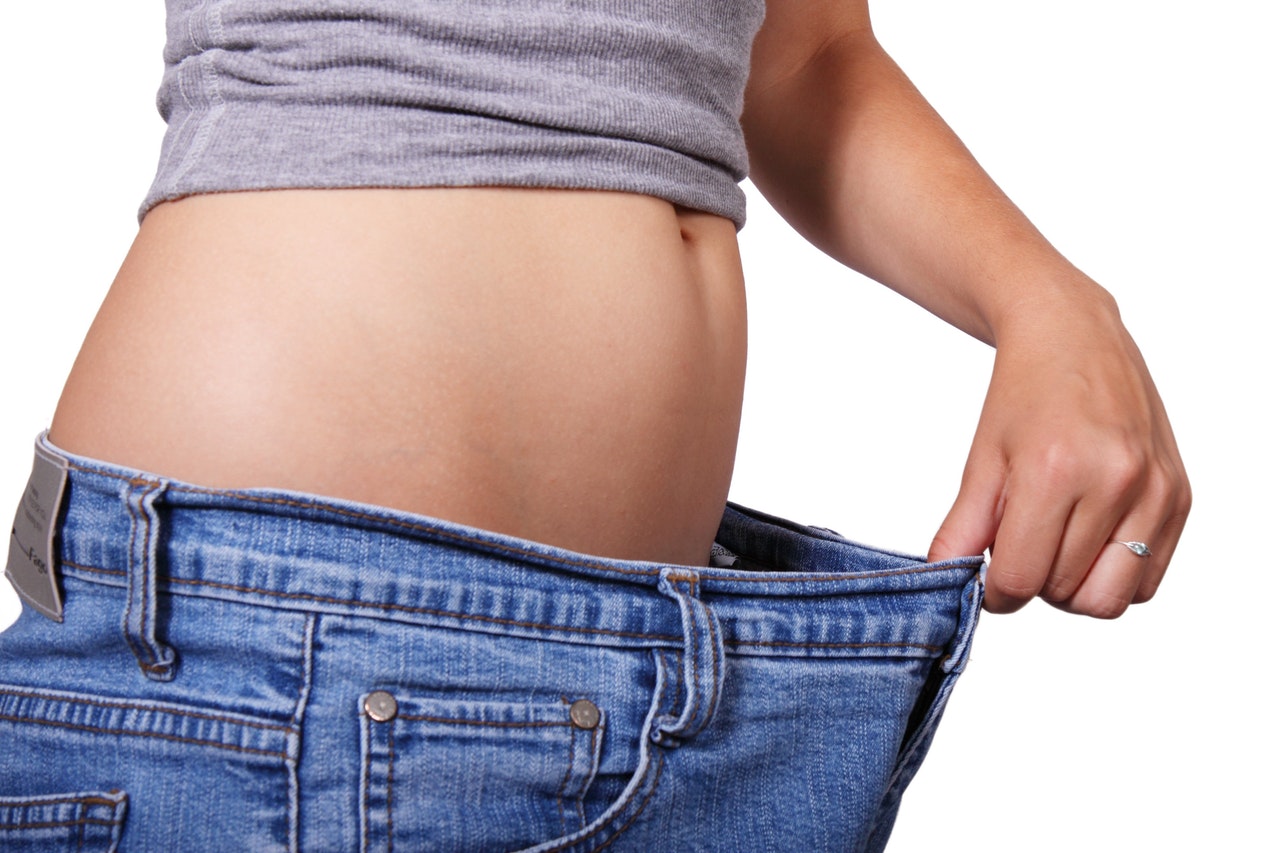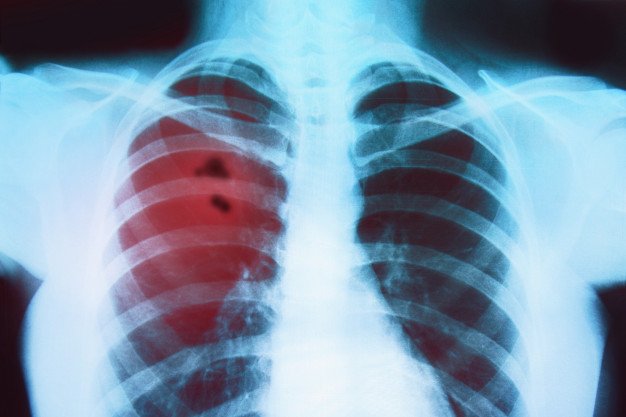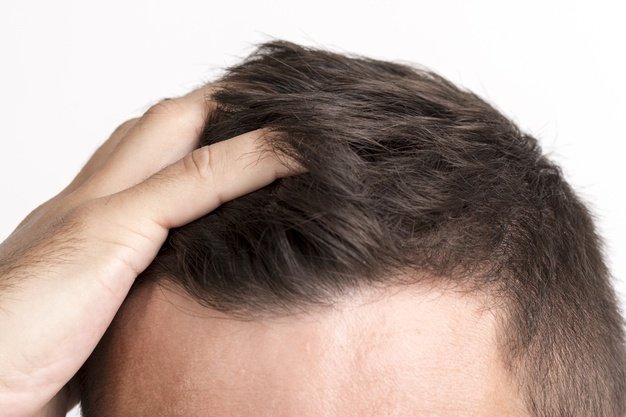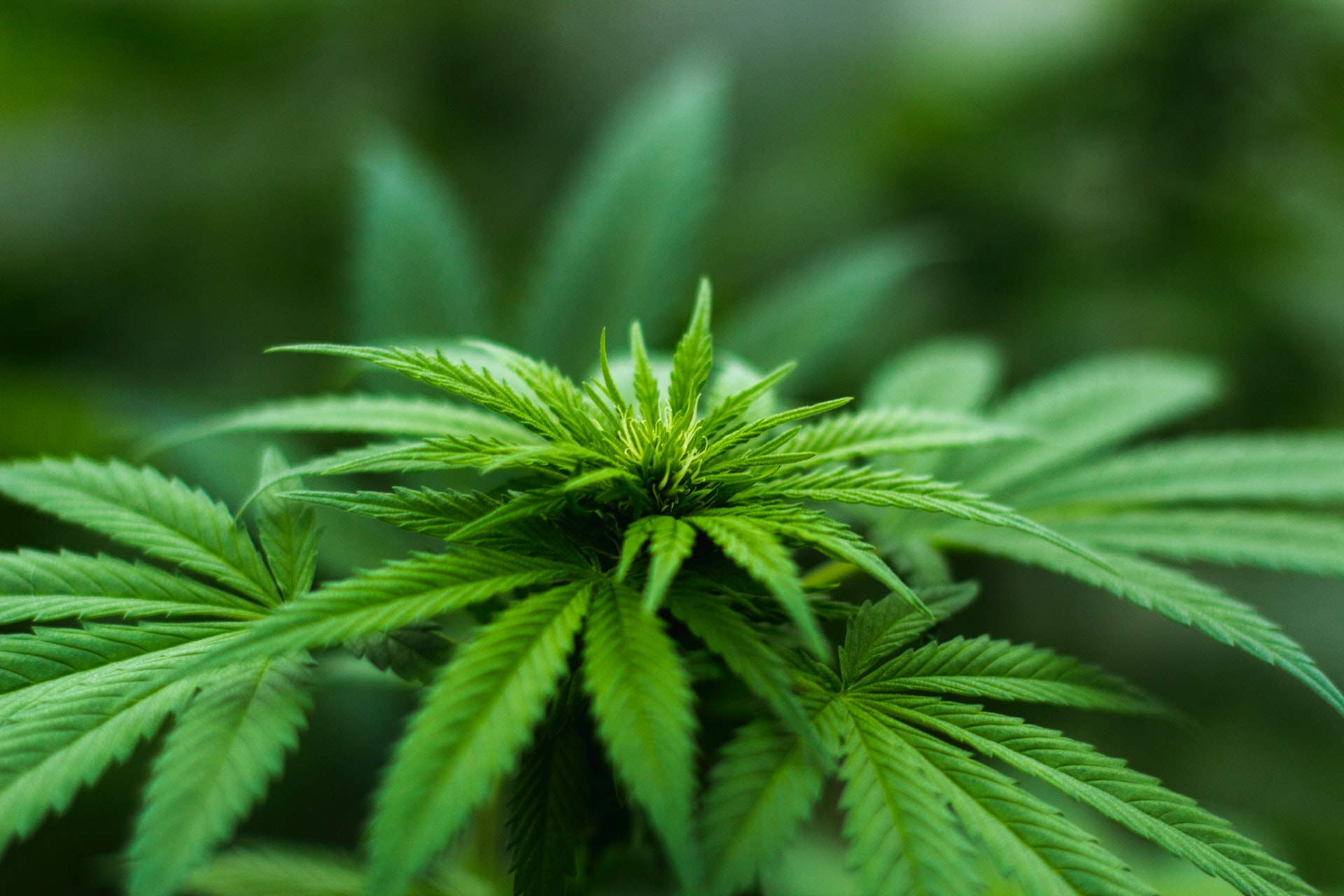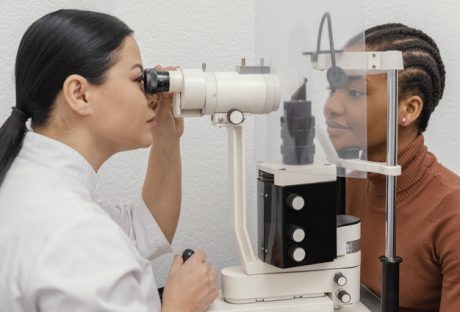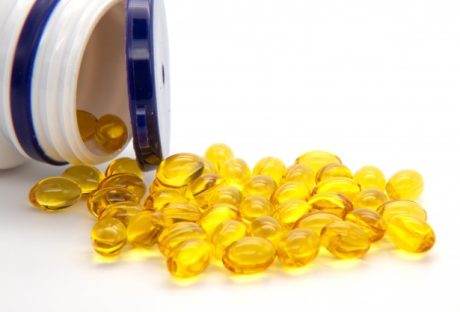There is no better time to quit alcohol than when you hit midlife. When you reach your 40’s, there is a feeling of urgency to evaluate how well you have been doing with the different aspects of your life. Your body is also sending signals that you can’t ignore. You could have arrived at this decision to quit drinking due to health reasons. You may have decided to stop because it is affecting your mental health and family life. Here are some specific explanations to encourage you to live sober.
1. No more morning breath
Admit it, you’ve done it more times than you think. You get hammered, you fall asleep on the couch, and you wake up with bad breath. You forgot to brush your teeth last night! You forgot to take a shower, and now you absolutely stink. This is worse if you wake up with someone wonderful beside you.
Alcohol makes your breath foul because it encourages the growth of harmful bacteria in the mouth and gums. The smell gets worse when the bacteria come into contact with certain foods such as cheese, onions, and garlic.
2. You won’t miss the hangovers
This is self-explanatory.
3. Your memory will improve, and so will your concentration
One of the biggest reasons people drink alcohol is because they loosen up after a tipple. Alcohol is a sedative, and indeed, it does momentarily make you feel less anxious. Once you’ve decided to quit, one of the things you will miss the most would be a scene like this:
You get home, put down your things, open the fridge, and get a drink.
You will have to re-learn how to relax if you skip the alcohol. When you depend on alcohol to relax, the brain’s neurochemistry changes in such a way that you become forgetful. However, after you quit and go through the initial stages of withdrawal, your brain will be able to adapt. Some people remark that when they stop drinking, a haze lifts. Suddenly, there is no mental fog.
4. You sleep better
A lot of people depend on alcohol to lull themselves to sleep. Because alcohol has a sedative effect, we mistakenly think that it is a sleep aid. Wrong! Alcohol may help you fall asleep, but it will disrupt your sleep. According to health experts, when you drink alcohol before sleeping some of these things might happen:
- You wake up several times in the middle of the night
- You don’t feel refreshed—you don’t have “deep sleep”, instead it is as if you are awake while trying to sleep (“shallow sleep”)
- You wake up too early and can’t fall back to sleep
Unfortunately, when you quit drinking, your insomnia may get a bit worse until your body adapts. Walking around in the middle of the night is a common complaint among people who are in withdrawal. But trust the system—you may begin to see improvements in as few as three days (or nights).
5. Weight loss
Why do you lose weight when you quit? Because when you quit alcohol, you also quit the snacks and nibbles that go with the drinks. Alcohol messes up the metabolism of food in your body. When there is alcohol present, the body prioritizes its digestion before any other substance. This leads to a slower burn of fats and an accumulation of fats that weren’t burned in your buttocks (or gut).
6. You avoid cancer
When you are in midlife, you worry about diseases such as cancer. We are not young and spry anymore, some of our bad habits seem to be catching up with us. We may even have friends who are in cancer treatment. Consider this: In a new study published recently in the American Journal of Public Health, people who drink more than three servings of alcoholic beverages have a higher chance of getting cancer. Particularly, they were affected by breast cancer, skin cancer, and ovarian cancer. Be forewarned.
7. Alcohol is not (really) good for the heart
The American Heart Association does not recommend people to start drinking because “it is good for the heart.” Early studies have linked the consumption of wine to good cholesterol levels, but these studies are not definitive. If you are using “good heart health” as an excuse not to get sober, it’s now time to drop it.
8. Better skin
Dermatologists warn that alcohol’s dehydrating effects are to blame for acne and increased wrinkle production. Quitting gives your skin a chance to rehydrate. As moisture is the best friend of glowing skin, drink lots of water when you start abstaining so that your skin will heal better. Expect to see results in about a month.
9. Avoiding liver disease
If you began drinking in your teens and you are still drinking now, you are at risk of liver disease. The facts are scary. According to the American Accreditation HealthCare Commission, men aged between 40 to 50 who identify themselves as “regular drinkers” are most at risk.
10. A mid-life reevaluation
We are all familiar with the term “midlife crisis”. Perhaps it is better to look at it as a sort of life evaluation. If you start to depend less on alcohol and more on your inner strength to go about life’s challenges, some surprising truths may emerge. Your goal at this stage of life is to answer the questions, “How am I doing so far in this lifetime?” “Are there things I want to change?” Forty (and above) seems to be a good time to start having more satisfying relationships and meaning in life.
When you quit alcohol, sometimes you face the truth that you have been using it to dull your pains and disappointments, particularly with certain loved ones. Sober living sometimes leads us to make dramatic changes in our relationships—in the long run, it is good for our emotional and mental health.
It is crucial to follow through the intention to live sober. Having the right support is vital if you are going to change the way you live for good. Being sober will affect how you connect with friends and family members. It will also mean you need to change the assumptions you have about yourself. You are never too old to learn new things, they say. Now go ahead and prove it.
Read Also:















